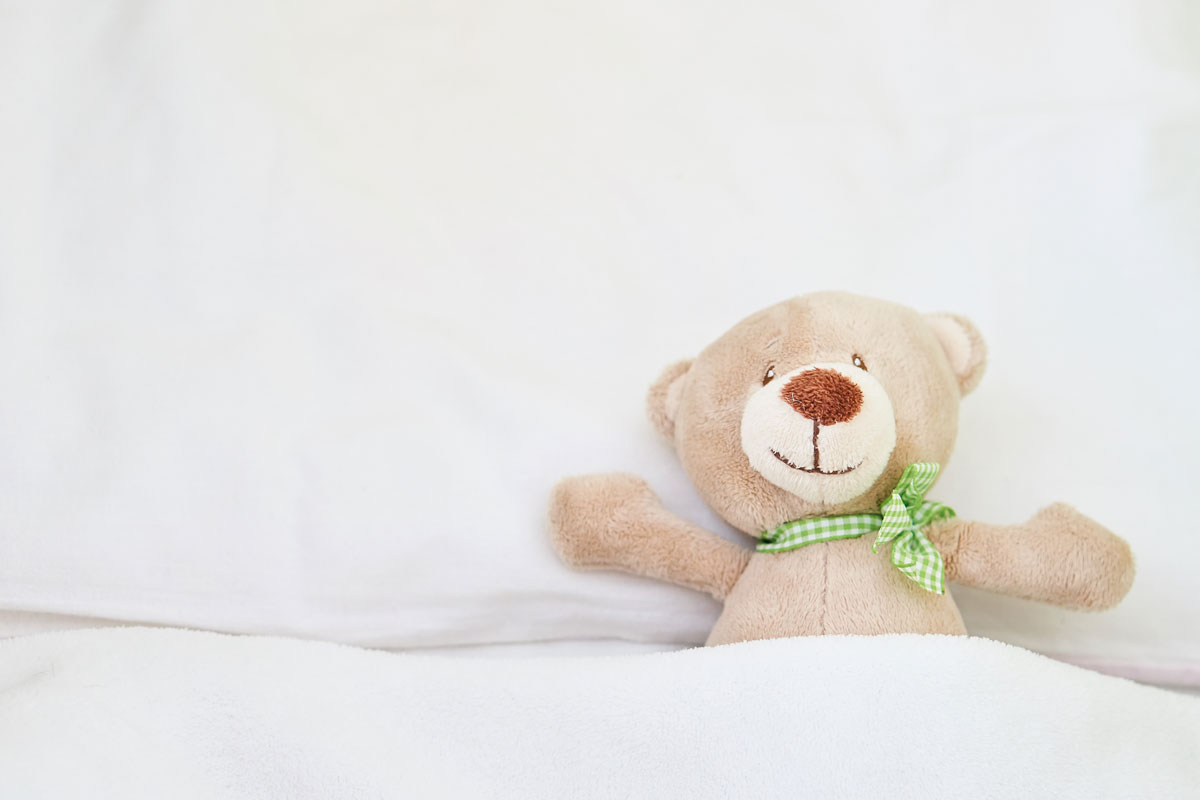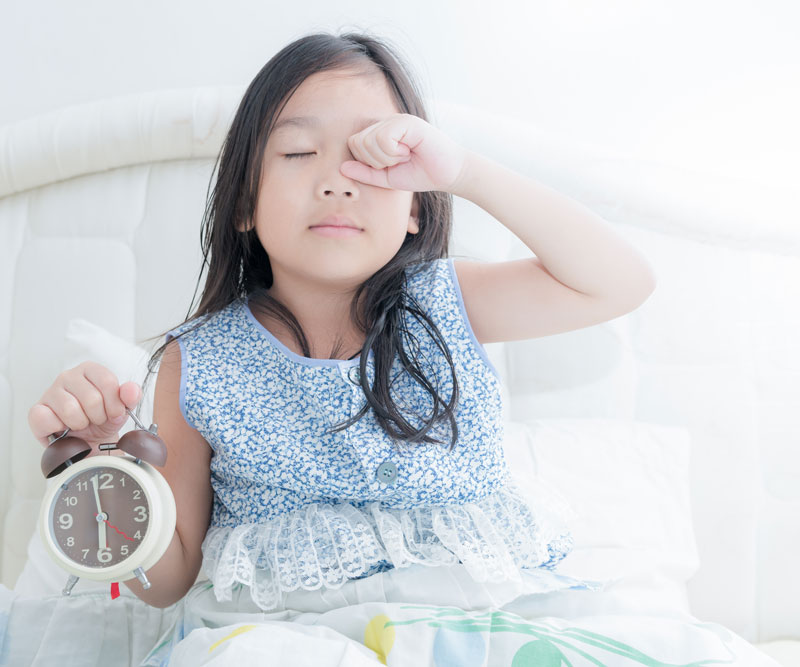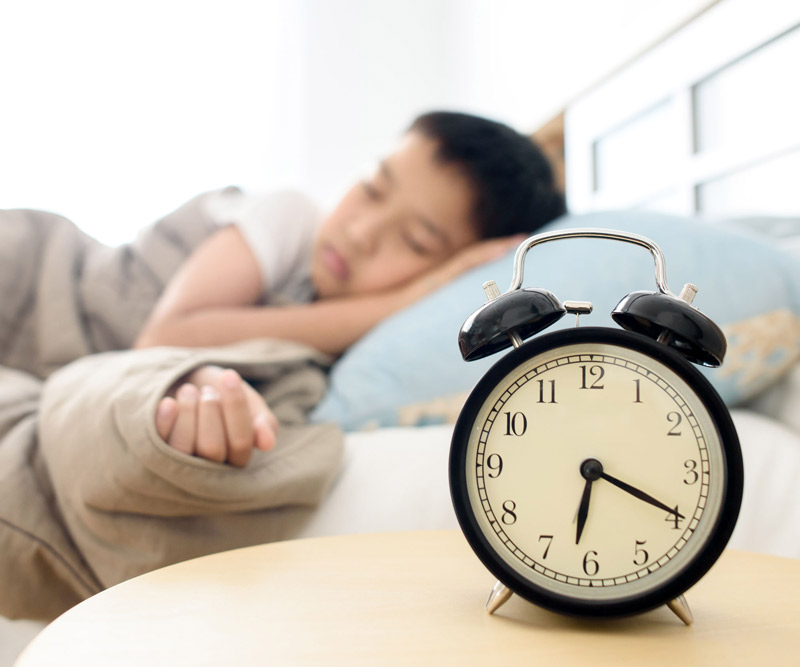
Nighty-Night: Help Keiki Drift Off to Dreamland with These Bedtime Tips
Bedtime may be a nightly battle in your household, but don’t give up on the good fight!
Sleep is necessary for healthy development at every age and stage of life, but a good night’s rest is especially important for children, as it directly impacts their mental and physical development.
“Sleep is the time when your body is able to restore energy supplies, repair muscles and grow new tissue,” says Dr. Robert Wotring II, a pediatrician at Kauai Medical Clinic.
“During sleep, our bodies release important hormones that are responsible for healthy growth and development,” Wotring continues. “This is why when children don’t get enough sleep, they can be less alert, inattentive and easily distracted. They may also act out in other ways, such as being hyperactive, cranky or lazy.”
There are two alternating states of sleep:
- Non-Rapid Eye Movement (NREM) – Also known as "quiet" sleep, NREM is a deep state of sleep during which blood supply to the muscles is increased, energy is restored, tissue growth and repair occur, and important hormones are released for growth and development.
- Rapid Eye Movement (REM) – Also known as "active" sleep, REM is when dreaming occurs. The body becomes immobile, while breathing and heart rate are irregular.
Making sure children get enough quality and quantity of each sleep state is essential, says Wotring.
“Sleep quality effects nervous system development, temperament, learning ability and behavior. That’s why a sufficient amount of good-quality sleep – uninterrupted sleep during which your child can move from REM to NREM and back to REM several times – is just as important as how many hours your child sleeps,” he explains.
Help your keiki drift off to dreamland and sleep like a baby with these tips:
- Develop and maintain a consistent daytime and nighttime sleep schedule.
- Establish a regular bedtime routine.
- Create a sleep-friendly environment in a room that is cool, quiet and dark. Never allow TVs, computers or other electronic devices into this safe sleep space.
- Encourage babies and young children to fall asleep independently. If they have problems falling or staying asleep, encourage the use of a security object, such as a blanket or stuffed animal.
- Set limits that are consistent, communicated and enforced.
Published on: May 27, 2016




